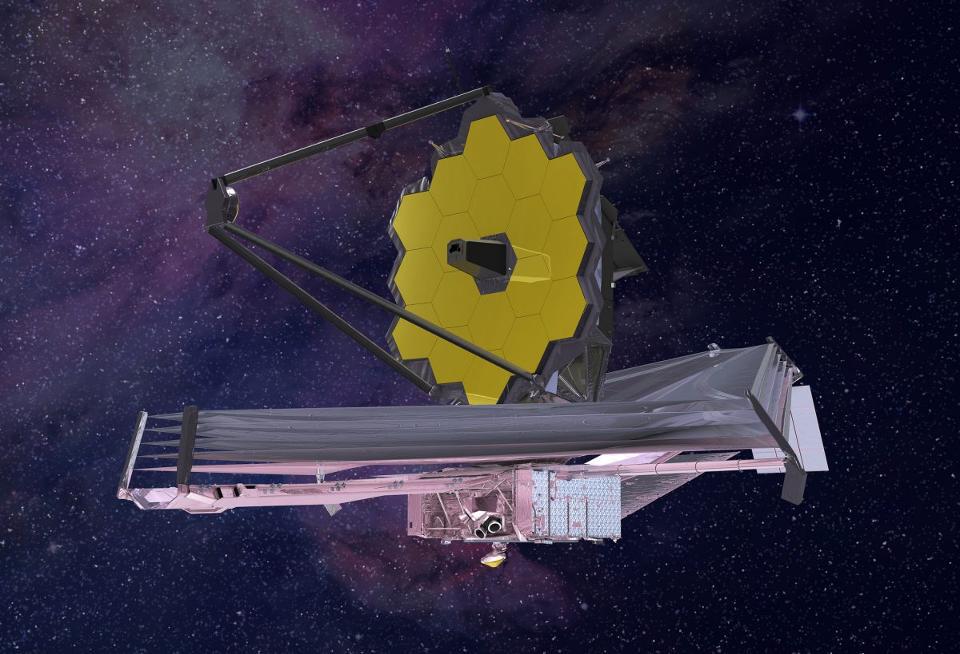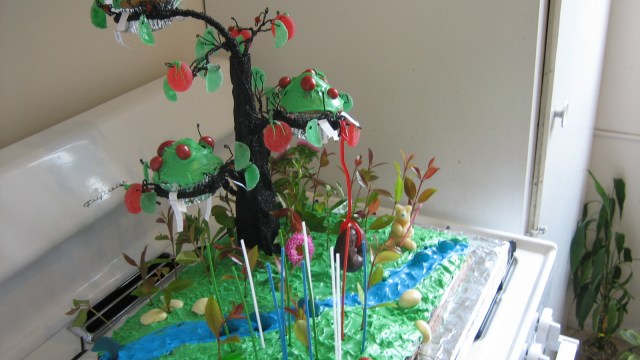The Internet as Hive Mind

What’s the Latest Development?
Recent experiments conducted by Harvard psychologist Daniel Wegner demonstrate the extend to which we now rely on the Internet to know things. Wegner and his team asked individuals a series of trivia questions, some easy and some hard, using an established color-based test to determine if consulting the Web to answer the questions was on their minds. “And after the batch of hard questions, people did indeed seem to have computers on their minds: many became especially slow to name the colors of computer-related words. When we’re faced with hard questions, we don’t search our minds—we first think of the Web.”
What’s the Big Idea?
Learning who knows something or where we can find information, rather than remembering the information itself, is a way to expand our mental reach, and the Web has proven better at that than any resource in human history. When we are online, we are essentially linked to a vast hive mind, known in psychology as a transactive memory system, which allows us to access the collective knowledge of anyone and everyone. Some worry that our bargain to become a super-connected, super-knowledgeable society will leave us as individual fools who are helpless without a mobile device, but as usual, Luddites are likely to be left behind.
Photo credit: Shutterstock.com





